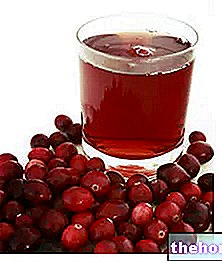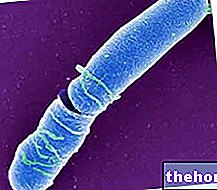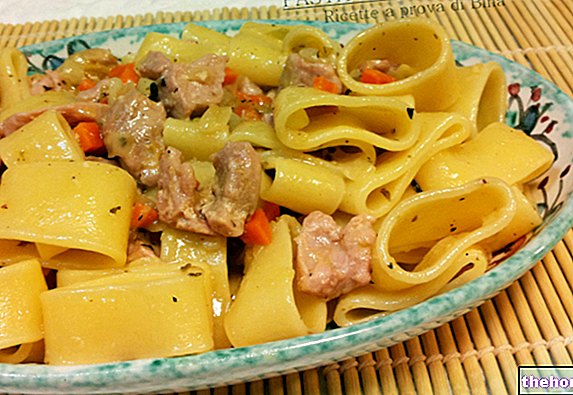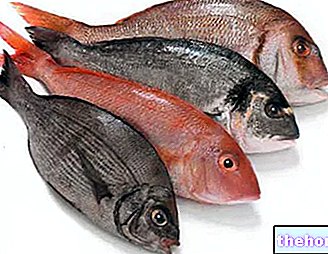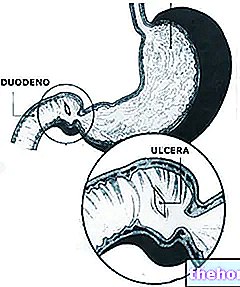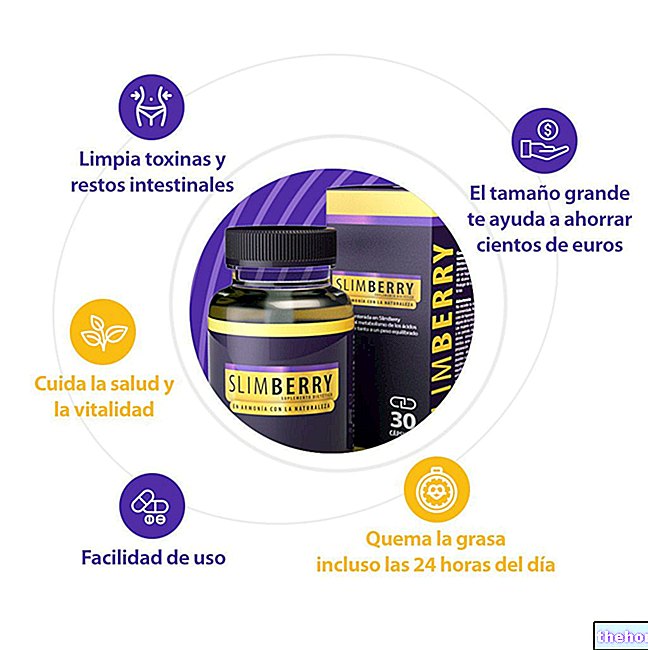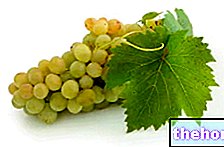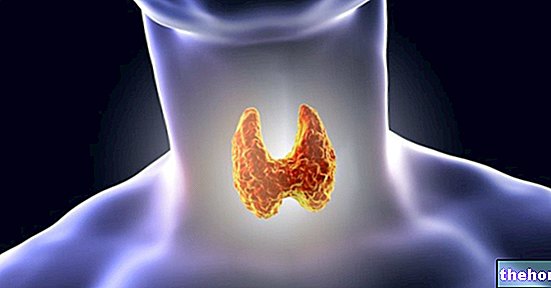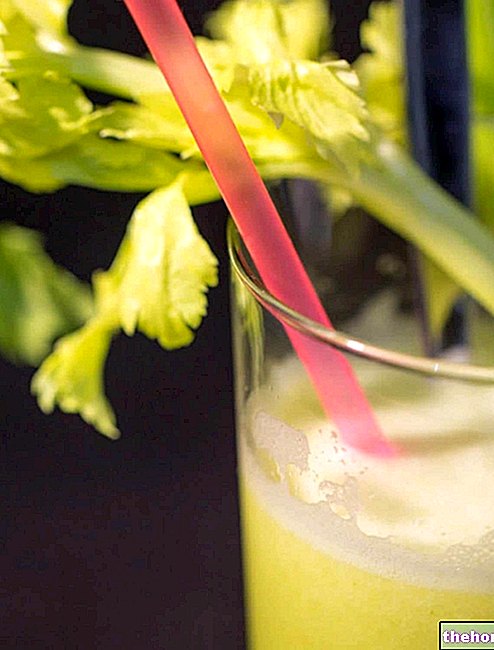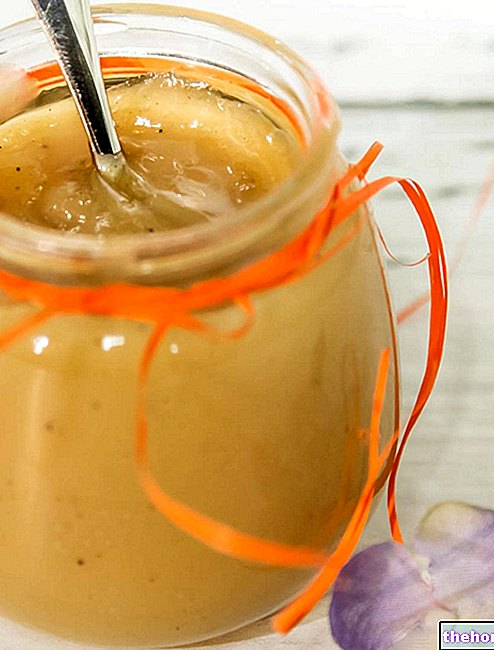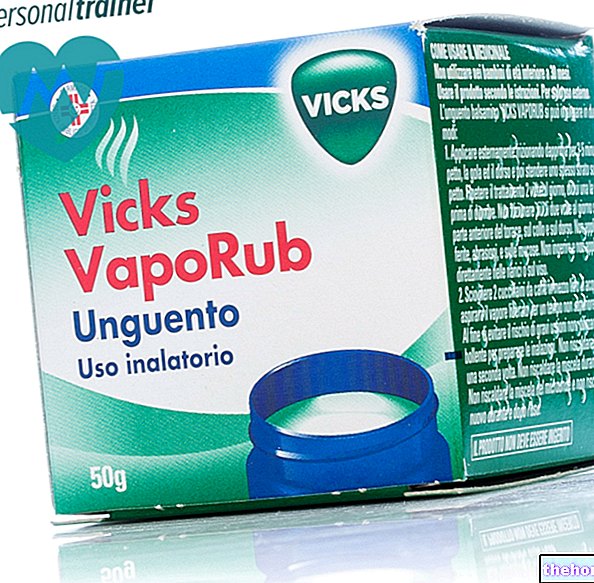In chemistry, the term "astringent" refers to the ability to precipitate colloidal proteins in a solute. On the other hand, the same term is used in the nutritional field to indicate the property of foods and drinks to lap in the mouth and / or to increase the consistency of the faeces.
In practice, astringent foods are the most effective non-drug remedy for diarrhea.
See also: Diet and Diarrhea and Example Diet against Diarrhea

Astringent capacity by precipitation of colloidal proteins
The astringent effect is exerted above all thanks to the combination of high and low molecular weight phenols, and tannins in the presence of proanthocyanidins (other polyphenols characterized by the oligometric repetition of flavonoids). This is a fairly complex subject, full of technicalities, which however it can be summarized and interpreted by the reader as follows:
"The plant compounds that exercise the astringent function are those that lap in the mouth (as happens with unripe persimmon), that color foods (for example the red of grapes and wine) and that, in general, are considered beneficial for health (antioxidants, cholesterol-lowering agents, etc.) ".
Astringent capacity for absorption of water in the faeces
Secondly, thanks to their absorbent capacity, even starchy foods poor in water and with a very low residue of fibers exert an intestinal astringent action; some examples are boiled potatoes, refined grains (such as polished rice), isolated starches (such as rice, cornstarch, frumina, tapioca) etc.
and / or sour.
There are therefore different vegetables, tubers, fruits, aromatic herbs, cereals, legumes (or parts of them) and herbal medicines (barks, roots, etc.) with astringent capacity. Examples of astringent foods are shown in the table below.
Astringent Fruits
Astringent Vegetables and Tubers
Astringent seeds
Astringent Spices
(if they do not irritate the intestinal mucosa)
Unripe bananas, unripe persimmons, avocado, cranberries, pomegranate (with seeds), prickly pears (with seeds), some varieties of apple, lemon
Alfalfa (alfalfa sprouts), raw carrots (with peel), boiled potatoes or yams, cassava and various powdered starches
Shiny rice, popcorn, poppy seeds
Basil, bay leaves, cumin, coriander, dill, fennel, marjoram, nutmeg, oregano, parsley, rosemary, saffron, turmeric, vanilla



